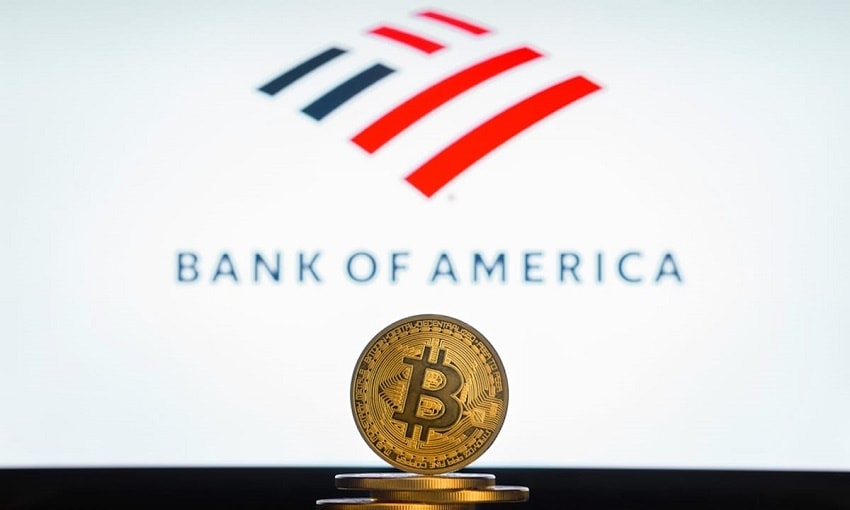The Bank of America (BofA) has established Bitcoin futures trading for some of its clients.
Despite its fairly conservative approach in response to crypto-currencies, the second-largest bank in the United States has now given some of its customers the green light to access these digital assets because of the amount of margin required to trade futures.
While some of the bank’s customers are now creating Bitcoin futures accounts, which are settled in cash, one or two customers may have already begun trading.
In 2018, BoA prevented its clients and financial advisors from trading Bitcoin-related investments, but that policy has now changed. The bank will use CME Futures, which was established in 2017 and has become one of the largest Bitcoin futures trading platforms.
The bank has been wary of crypto assets for some time. In March, one of the bank’s analysts said that the Bitcoin cryptocurrency had not been convincing as an inflation hedge.
However, earlier this month, BofA formed a new team to investigate crypto-currencies. According to an internal memo dated July 8, the bank has established a Crypto Investigation Team to investigate institutional interest in crypto tokens.
“Crypto-currencies and digital assets are one of the fastest-growing emerging technology ecosystems,” said Candace Browning, director of BofA Global Research, addressing the memorandum to employees and partners in Bank of America’s Merrill Lynch Wealth Management division.
Pressure is mounting on Wall Street banks to accept Bitcoin as a legitimate asset class. Major banks in the U.S. are embracing Bitcoin as an important seal of legitimacy for the emerging asset class.
In March, Goldman Sachs restarted its Bitcoin trading desk after a three-year hiatus and began offering Bitcoin futures and non-deliverable futures contracts to its clients. The bank’s decision to restart its crypto trading desk shows growing institutional interest.
In March, investment bank Morgan Stanley became the first major U.S. financial institution to allow high-net-worth management clients to access Bitcoin funds.
JPMorgan Chase also announced in April that it was preparing to allow some of its clients to invest in actively managed crypto funds.
Then, in early May, cryptocurrency custodian NYDIG partnered with financial technology giant Fidelity National Information Services to allow U.S. banks to provide Bitcoin trading services to their customers. Hundreds of banks are signing up for the program to allow their customers to buy, hold and sell Bitcoins through their existing accounts.
On May 18, Wells Fargo, the fourth-largest bank in the United States, announced that it would introduce professionally managed crypto funds to the wealthiest customers. The bank said the risks associated with crypto-currencies meant it would favor “qualified investors.”


